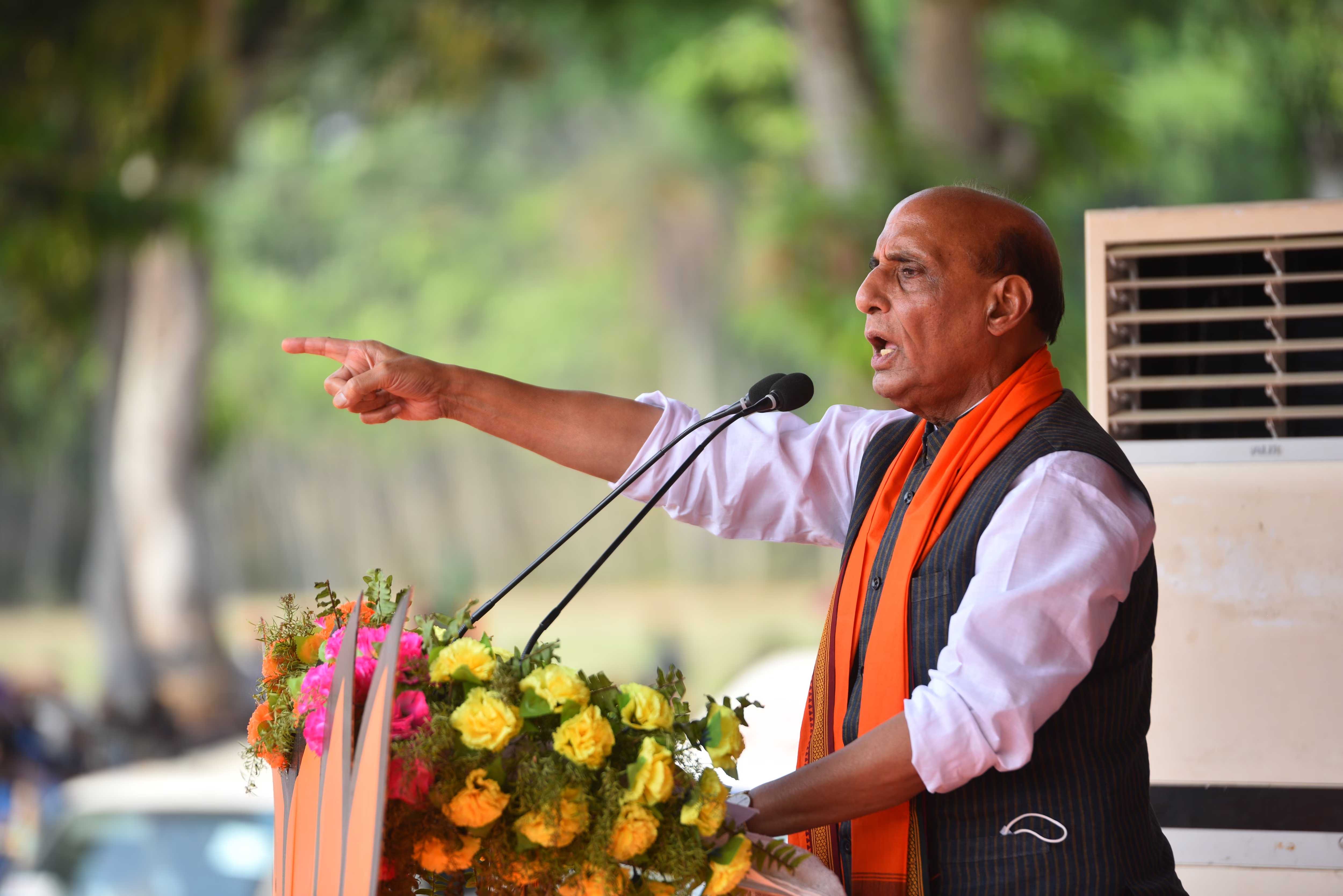
MHA and IB Admit Security Lapse in Pahalgam Terror Attack at All-Party Meeting
In a rare admission, the Ministry of Home Affairs (MHA) and the Intelligence Bureau (IB) acknowledged a serious security lapse in connection with the recent Pahalgam terror attack that claimed the lives of 26 civilians, including tourists. The acknowledgment came during an all-party meeting convened in New Delhi on Thursday.
Security Failure Admitted in High-Level Briefing
During the meeting, senior MHA and IB officials confessed that the April 22 attack had not been anticipated. The agencies admitted they had not considered Pahalgam or the nearby Anantnag region to be high-risk zones, given their reliance on tourism and the absence of past incidents targeting tourists in these areas. The lapse was attributed to the assumption that militant activities would remain confined to other parts of the Kashmir Valley.
Opposition Voices Concern but Extends Support
Top opposition leaders, including Congress President Mallikarjun Kharge and Lok Sabha Leader of Opposition Rahul Gandhi, expressed serious concern over the intelligence failure. They questioned how such a lapse could occur in an area so central to the state’s economy and public morale.
Despite raising these issues, the opposition reaffirmed its support for the government’s ongoing efforts to combat terrorism. They called for stronger coordination between intelligence and ground-level security forces to prevent similar tragedies in the future.
Government’s Strong Stance Reiterated
Defence Minister Rajnath Singh, Home Minister Amit Shah, Finance Minister Nirmala Sitharaman, and External Affairs Minister S. Jaishankar were among the senior officials who attended the session. Rajnath Singh reiterated the government’s “zero tolerance” policy toward terrorism and briefed the leaders on the decisions taken by the Cabinet Committee on Security in response to the attack.
Parliamentary Affairs Minister Kiren Rijiju emphasized that India had acted decisively against terrorism in the past and would continue to do so. He noted that all political parties, regardless of ideological stance, agreed on the necessity of presenting a united front against terrorism.
Unified Call for Action
The meeting ended on a consensus that national security must remain above party politics. The collective resolve was to step up counterterror operations, improve surveillance in sensitive zones, and ensure a more proactive intelligence network.
The admission of failure by security agencies has sharpened the focus on accountability but also reinforced the urgency for institutional reform and improved threat forecasting in areas previously deemed safe. As political consensus builds around anti-terror action, the nation watches closely to see how these lessons translate into future preparedness.

















